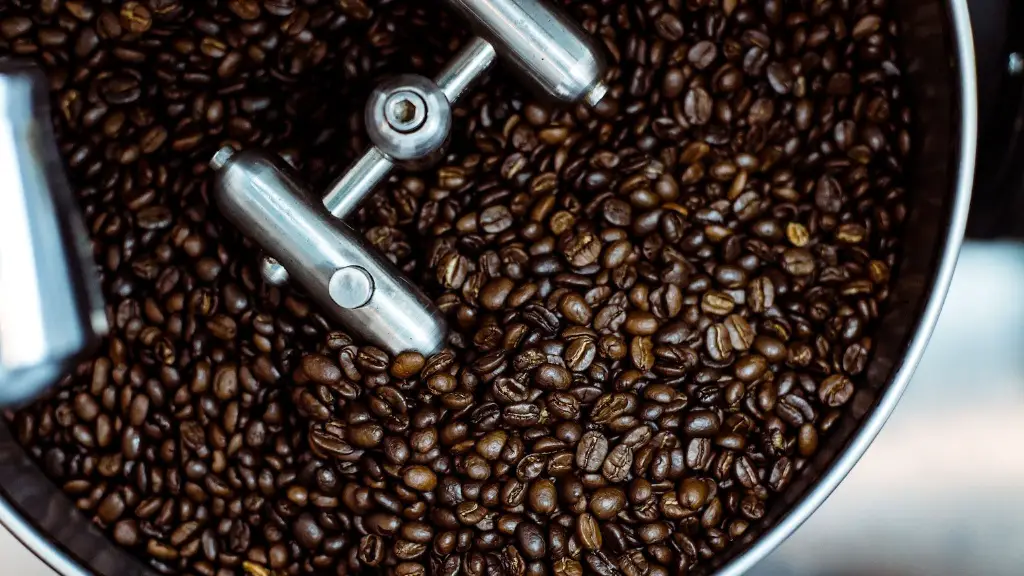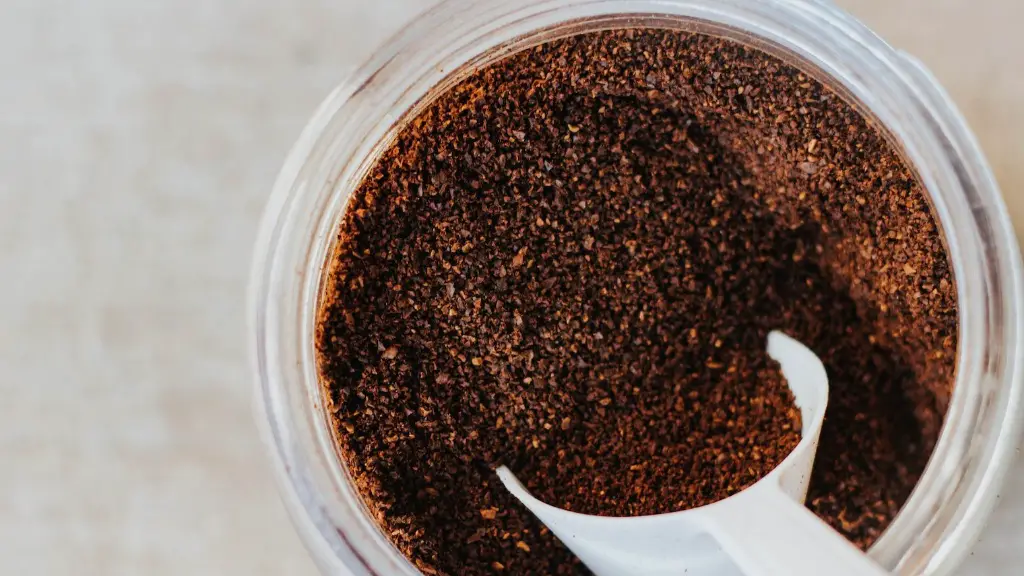Background Information.
Thyroid disease is an issue that affects over 20 million Americans, according to the American Thyroid Association. Blood tests are an important part of diagnosing a Thyroid disorder and are used to measure levels of certain hormones known as TSH, T4, and T3 in the body. Before the test is taken, strict dietary guidelines must be followed which means that all forms of caffeine may need to be avoided for a period beforehand.
What They Say.
Most medical professionals advise that all forms of caffeine, including coffee, should be avoided at least six hours before a blood test. This includes any beverages or food items that contain caffeine such as tea, soda, chocolate and more. These guidelines are put in place to ensure that the results of the test will be as accurate as possible and not skewed by outside factors.
The reason for this is that caffeine can interfere with the results of the blood test, making it difficult to get a true reading of the thyroid hormone levels in the body. For this reason, it is important to follow the guidelines provided by medical professionals when it comes to avoiding caffeine before a blood test.
What We Say.
We believe that in order to get the most accurate results from a thyroid blood test, we should avoid consumption of caffeine for at least six hours beforehand. This means that all forms of caffeine, including coffee, should be avoided during this time period. This is not only because caffeine can interfere with the results of the test, but also because some of the other ingredients in coffee, such as sugar and acids, can also have a negative impact on the test results.
That being said, if you are someone who is routinely taking the same blood test for thyroid hormones and you are aware of how your body responds to different levels and types of caffeine, it is possible to make a judgment call about whether or not you should drink coffee before the test. That being said, it is always important to consult with your doctor before making any decisions about whether or not it is safe to do so.
Why It Matters.
With so many people affected by Thyroid disorders, it is important to get accurate results from the blood test. If caffeine is consumed before the test, it can have a direct impact on the outcome and make it difficult to determine if the results received are reliable. For this reason, it is always best to err on the side of caution and to avoid any and all forms of caffeine for at least six hours prior to taking a blood test.
Alternatives.
Fortunately, there are other alternatives to coffee that can provide a boost of energy without consuming caffeine. For example, almond milk has been found to be a great way to give your body the energy it needs without taking in any caffeine. Additionally, some people also swear by drinking warm lemon water as a way to give their body the energy it needs to kick start their day.
Another good option would be to opt for decaffeinated coffee which has been found to have many of the same benefits as regular coffee without the potential negative impacts on the results of a blood test. Finally, there are also a variety of herbal teas that are caffeine-free, yet still provide a boost of energy and can help keep you alert and energized.
Expert Advice.
When it comes to understanding the impact of caffeine on a thyroid blood test, it is best to consult with your doctor. Ultimately, they will be able to provide you with specific advice based on your individual situation. Additionally, they can also provide you with further insights into the other dietary restrictions that you should adhere to in order to ensure the best possible results from the test.
Practical Tips.
To ensure the best possible results from a thyroid blood test, it is important to adhere to the dietary guidelines provided by your doctor. This may involve avoiding caffeine for at least six hours before the test. Practically, this might mean that you will need to plan ahead and make any type of coffee-based beverages the day before or opt for a caffeine-free alternative.
Additionally, it is also important to make sure that you are getting enough sleep the night before the test and that you are properly hydrated. This will help ensure that the results produced by the test are accurate and that they are not impacted by any external factors.
Scientific Studies.
There have been a number of scientific studies exploring the effect that caffeine can have on thyroid hormone levels. One such study, conducted by the American Thyroid Association, found that those who consumed caffeine before a blood test produced results with reduced accuracy. This emphasizes the need for avoiding the consumption of caffeine prior to a thyroid blood test.
Another study, conducted by the National Institute of Health, found that caffeine can have a short term effect on TSH levels. This effect is often short lived and does not compromise the overall accuracy of a blood test. Still, the study does provide further insight into the potential impact that caffeine can have on the results of a thyroid blood test and emphasizes the need for caution when making decisions about consumption.
Budget Considerations.
When it comes to avoiding caffeine before a thyroid blood test, it is important to consider the budget implications. If you are someone who relies heavily on caffeine to get through their day then it could be difficult to limit consumption in the lead up to the test. This could mean having to make some tough decisions around whether or not you are willing to spend more money on alternatives such as decaffeinated coffee or healthier alternatives.
However, despite the budget implications, it is important to remember that the results of the test are only as reliable as the decisions that you make leading up to it. As such, it is important to take the time to ensure that you are adhering to the dietary guidelines provided by your doctor and avoiding any potential sources of interference such as caffeine.
Home Testing.
It is also important to consider the implications of opting for home testing instead of an in-office blood test. Whilst home testing may be the more convenient option, the results are not guaranteed to be as reliable as an in-office test. This is because home tests may not be as accurate due to the potential for user error or interference from outside sources such as food or drink.
Additionally, home tests do not usually involve the need for avoiding caffeine or other dietary restrictions. As such, it is important to consider the trade-offs and make sure that you are aware of the potential for unreliable results when opting for home testing instead of an in-office test.
Making the Right Choices.
Overall, it is important to remember that in order to get the most accurate results from a thyroid blood test it is necessary to adhere to the dietary guidelines provided by your doctor. This may include avoiding caffeine and other substances for at least six hours before the test. Whilst this may be inconvenient, it is necessary in order to ensure accurate and reliable results.
It is also important to consider the implications of opting for home testing over an inoffice test and to be aware of the potential for unreliable results should user error be a factor. Finally, it is essential to consider practical budget considerations and to make decisions around limiting any caffeine consumption that best serve your individual situation.




